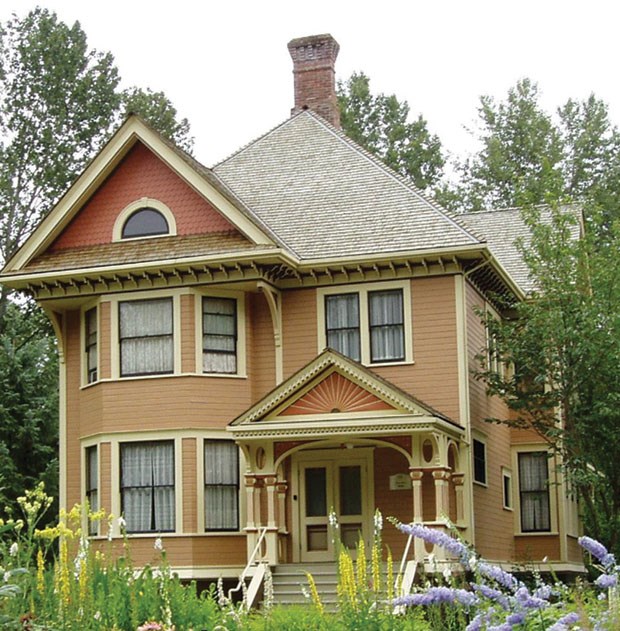It’s an insult to the city and its heritage.
Mayor Lois Jackson isn’t mincing words when it comes to Metro Vancouver using one of Delta’s most important heritage landmarks as a home for bats. The regional district is conducting research on a colony of well over 2,400 bats that have taken up residency in Burrvilla in Deas Island Regional Park.
“I don’t think that’s what that beautiful house should be used for. I really think they should be creating another space and moving them. It’s a real insult to have that taking place without any thought of removing that experimentation,” Jackson told the Optimist following a regional parks committee meeting where her request for another structure to be built was denied.
“I asked if they are going to use this forever as some sort of incubator and they said yes, so I’m very unhappy about that. That is part of our heritage and it should not be used for that purpose, and will it ever be able to be used by people in the future?” asked Jackson.
A report to the committee notes the attic of Burrvilla is home to the largest known colony of its kind in B.C., providing an important habitat for Yuma bats and little brown bats.
Unbeknownst to Jackson, bats started taking up residency in the house years ago and Metro Vancouver regional parks staff worked with members of the South Coast Bat Conservation Society to establish an expanded bat monitoring program.
The program monitors for white-nose syndrome, a rapidly spreading fungal disease that’s resulted in steep declines in North American bat populations.
Jackson said the house, which is now closed to the public, could end up with severe, costly damage, even though a plastic sheet has been laid on the upper floor.
Built in 1905, Burrvilla, according to the city, reflects the turn of the 20th century economic expansion of Delta’s farming industry, and symbolizes the wealth and status attained by the prominent Burr family.
The man for whom the house was built, Henry Benjamin Burr (known as Harry), was the son of W.H. Burr, who was an early pioneer involved in the incorporation of Delta. The house remained in Burr family ownership until 1974.
It was the first house in Delta to receive heritage designation in 1981 and was moved to Deas Island Regional Park the following year.
Jackson said she’ll have Delta staff investigate whether the house is still property of the city as well the conditions for its use.
Moving the house away from the regional park is one possibility, she added.



